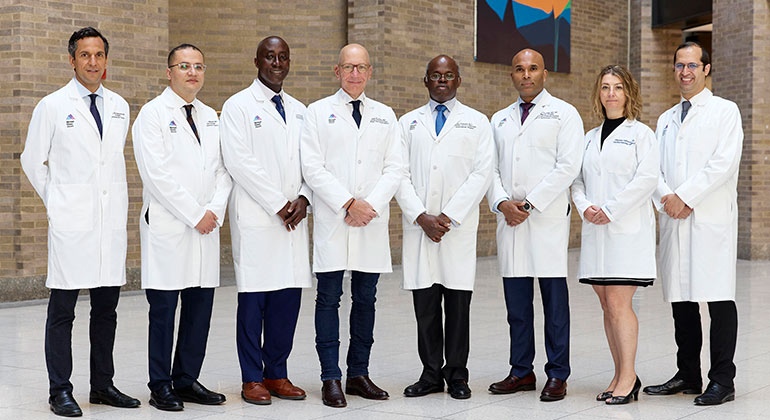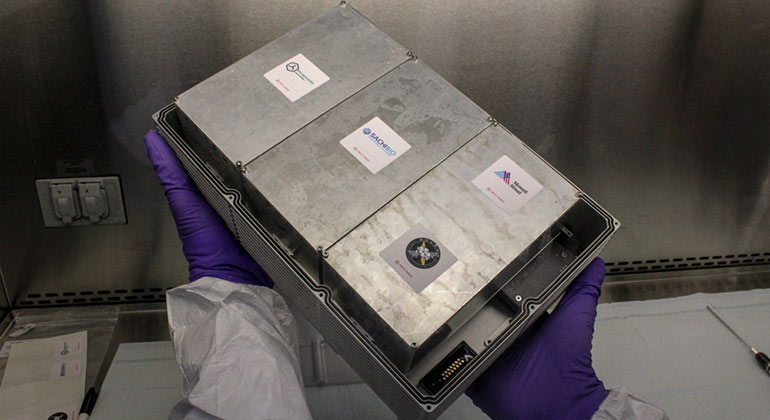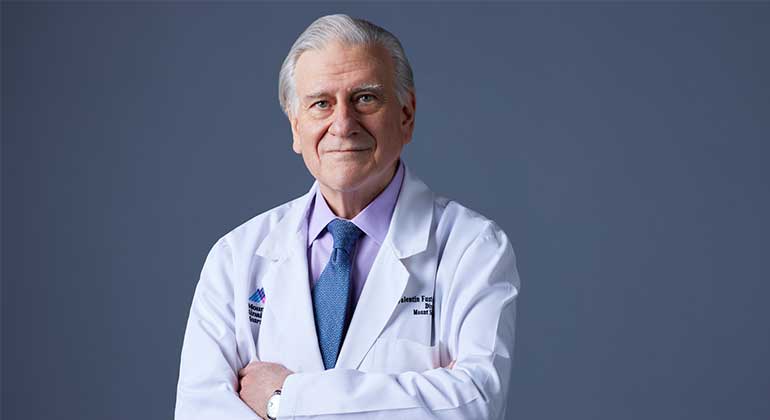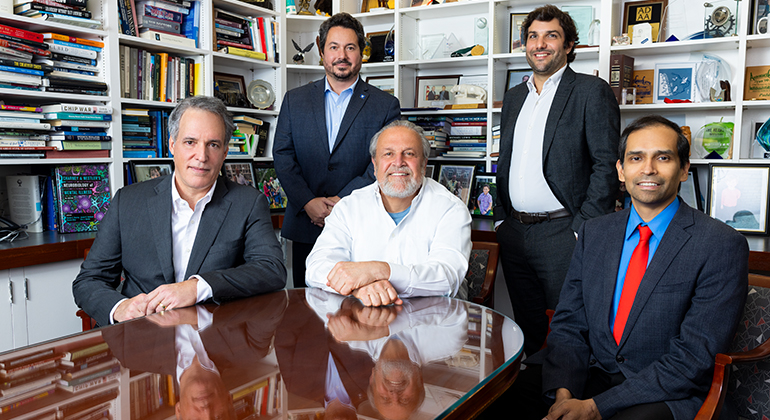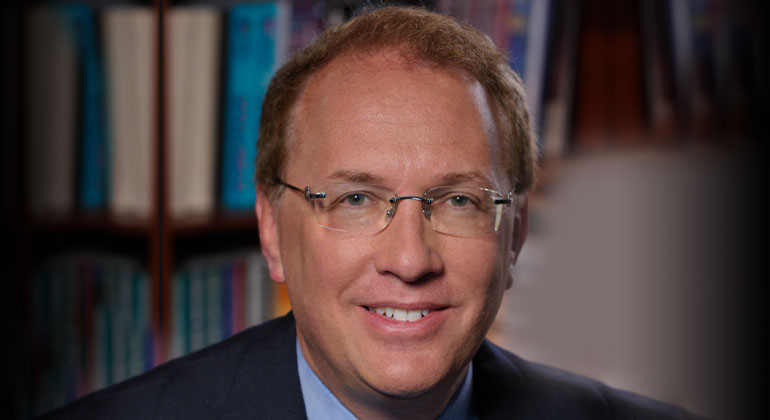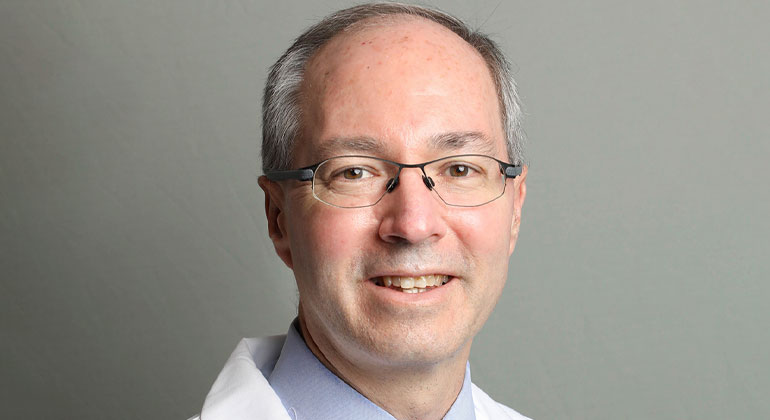Valentin Fuster, MD, PhD, Named a “Legend of Cardiovascular Medicine” by the American College of Cardiology
Dr. Fuster has been selected to deliver the James T. Dove Lecture on March 25 at the ACC’s annual meeting in Chicago.
World renowned cardiologist Valentin Fuster, MD, PhD, Director of Mount Sinai Heart, has been named a "Legend of Cardiovascular Medicine" by the American College of Cardiology (ACC). Dr. Fuster serves several roles at Mount Sinai, including Physician-in-Chief, The Mount Sinai Medical Center, Director of the Zena and Michael A. Wiener Cardiovascular Institute and the Marie-Josée and Henry R. Kravis Center for Cardiovascular Health, and the Richard Gorlin, MD/Heart Research Foundation Professor, Mount Sinai School of Medicine.
The ACC "Legend" designation indicates that an individual is recognized by all cardiologists as a true leader and innovator who has made outstanding contributions to the field of cardiovascular medicine. As one of only two academic cardiologists from the U.S. and five people overall chosen for this distinction, Dr. Fuster has been selected to deliver the James T. Dove Lecture on March 25 at the ACC’s annual meeting in Chicago.
"It is a great honor to myself and to Mount Sinai to be selected by the ACC for this recognition," said Dr. Fuster. "I’m very proud to take a place among this small group of esteemed colleagues, and I thank the ACC for this distinction."
"During his career at Mount Sinai, Valentin Fuster has demonstrated extraordinary dedication to patients, health care innovation, and scientific excellence, and is recognized internationally as an outstanding mentor and exemplar," said Kenneth L. Davis, MD, President and CEO of The Mount Sinai Medical Center. "With his visionary leadership, Mount Sinai Heart has developed comprehensive programs in cardiology and heart surgery that are among the best in the world. We congratulate him on this distinguished honor."
Dr. Fuster is the only cardiologist to receive the two highest gold medal awards and all four major research awards from the four major cardiovascular organizations: The Distinguished Researcher Award (Interamerican Society of Cardiology, 2005 and 2009), Andreas Gruntzig Scientific Award and Gold Medal Award (European Society of Cardiology, 1992 and 2007 respectively), Gold Medal Award and Distinguished Scientist (American Heart Association, 2001 and 2003 respectively), and the Distinguished Scientist Award (American College of Cardiology, 1993). In June, Dr. Fuster received the Lefoulo Delalande Grand Prix from the Institute of France, which is considered the most prestigious award given in the field of cardiovascular research.
He is the recipient of two major ongoing NIH grants, and to date has published more than 900 articles on the subjects of coronary artery disease, atherosclerosis and thrombosis. He has also been the lead editor of two major textbooks on cardiology, 'The Heart' (previously edited by Dr. J. Willis Hurst) and "Atherothrombosis and Coronary Artery Disease" (with Dr. Eric Topol and Dr. Elizabeth Nabel). Dr. Fuster is a former Editor-in-Chief of Nature Reviews, Cardiology and he is the Editor of the new "AHA Guidelines and Scientific Statements Handbook."
Among the numerous positions of distinction that he holds are: Past President of the American Heart Association; Past President of the World Heart Federation; Member of the Institute of Medicine of the National Academy of Sciences (where he serves as Chair of the committee on Preventing the Global Epidemic of Cardiovascular Disease); former member of the National Heart, Lung and Blood Institute Advisory Council; and former Chairman of the Fellowship Training Directors Program of the American College of Cardiology. Thirty distinguished universities throughout the world have granted him Honorary Doctorate Degrees.
After receiving his medical degree from Barcelona University and completing an internship at Hospital Clinic in Barcelona, Dr. Fuster spent several years at the Mayo Clinic, first as a resident and later as Professor of Medicine and Consultant in Cardiology. In 1981, he came to Mount Sinai School of Medicine as head of Cardiology. From 1991 to 1994, he was Mallinckrodt Professor of Medicine at Harvard Medical School and Chief of Cardiology at the Massachusetts General Hospital. He returned to Mount Sinai in 1994 as Director of the Zena and Michael A. Wiener Cardiovascular Institute and, in 2006, he was named the Director of Mount Sinai Heart.
Dr. Fuster’s "Legends" lecture, "Transition from Cardiovascular Disease to Health (2012 – 2020): The Challenge of Identifying Subclinical Disease," will cover the three main trends he says are occurring in today’s cardiovascular field: the move from treating disease to promoting health; the integration of the heart and the brain in health and disease and the new technology, specifically the emergence of imaging, genetics and tissue regeneration.
"These are all areas where advancements are really happening, and I’ve been lucky to be involved in all three of the transitions," said Dr. Fuster. "I’ll discuss our own experiences and how these three transitions will take place over the next decade with subclinical disease as a main focus."
"The Legends [lecture] series celebrates these physicians’ unique accomplishments," said ACC President David R. Holmes, Jr., MD, FACC. "It gives them an opportunity to highlight some of their accomplishments and to share their vision of the future of cardiovascular medicine and science. We are lucky and honored to have the opportunity to listen to them speak."
About The Mount Sinai Medical Center
The Mount Sinai Medical Center encompasses both The Mount Sinai Hospital and Mount Sinai School of Medicine. Established in 1968, Mount Sinai School of Medicine is one of the leading medical schools in the United States. The Medical School is noted for innovation in education, biomedical research, clinical care delivery, and local and global community service. It has more than 3,400 faculty in 32 departments and 14 research institutes, and ranks among the top 20 medical schools both in National Institutes of Health (NIH) funding and by US News and World Report.
The Mount Sinai Hospital, founded in 1852, is a 1,171-bed tertiary- and quaternary-care teaching facility and one of the nation’s oldest, largest and most-respected voluntary hospitals. In 2011, US News and World Report ranked The Mount Sinai Hospital 16th on its elite Honor Roll of the nation’s top hospitals based on reputation, safety, and other patient-care factors. Of the top 20 hospitals in the United States, Mount Sinai is one of 12 integrated academic medical centers whose medical school ranks among the top 20 in NIH funding and US News and World Report and whose hospital is on the US News and World Report Honor Roll. Nearly 60,000 people were treated at Mount Sinai as inpatients last year, and approximately 560,000 outpatient visits took place.
For more information, visit http://www.mountsinai.org/.
Find Mount Sinai on:
Facebook: http://www.facebook.com/mountsinainyc
Twitter: @mountsinainyc
YouTube: http://www.youtube.com/mountsinainy
About the Mount Sinai Health System
Mount Sinai Health System is one of the largest academic medical systems in the New York metro area, with 48,000 employees working across eight hospitals, more than 400 outpatient practices, more than 600 research and clinical labs, a school of nursing, and a leading school of medicine and graduate education. Mount Sinai advances health for all people, everywhere, by taking on the most complex health care challenges of our time—discovering and applying new scientific learning and knowledge; developing safer, more effective treatments; educating the next generation of medical leaders and innovators; and supporting local communities by delivering high-quality care to all who need it.
Through the integration of its hospitals, labs, and schools, Mount Sinai offers comprehensive health care solutions from birth through geriatrics, leveraging innovative approaches such as artificial intelligence and informatics while keeping patients’ medical and emotional needs at the center of all treatment. The Health System includes approximately 9,000 primary and specialty care physicians and 11 free-standing joint-venture centers throughout the five boroughs of New York City, Westchester, Long Island, and Florida. Hospitals within the System are consistently ranked by Newsweek’s® “The World’s Best Smart Hospitals, Best in State Hospitals, World Best Hospitals and Best Specialty Hospitals” and by U.S. News & World Report's® “Best Hospitals” and “Best Children’s Hospitals.” The Mount Sinai Hospital is on the U.S. News & World Report® “Best Hospitals” Honor Roll for 2024-2025.
For more information, visit https://www.mountsinai.org or find Mount Sinai on Facebook, Twitter and YouTube.
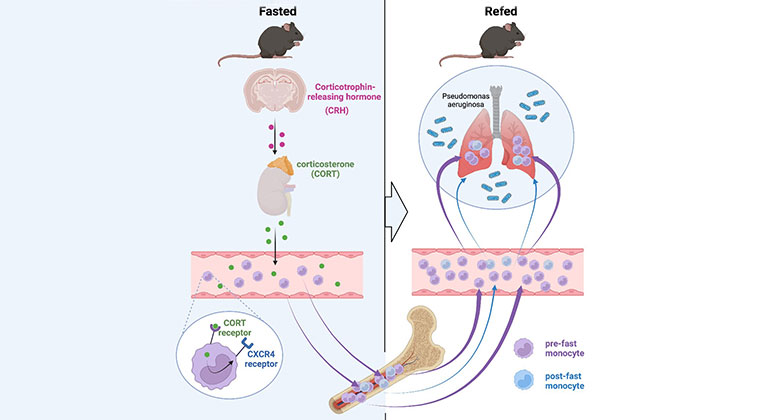
Skipping Breakfast May Compromise the Immune System
Feb 23, 2023 View All Press Releases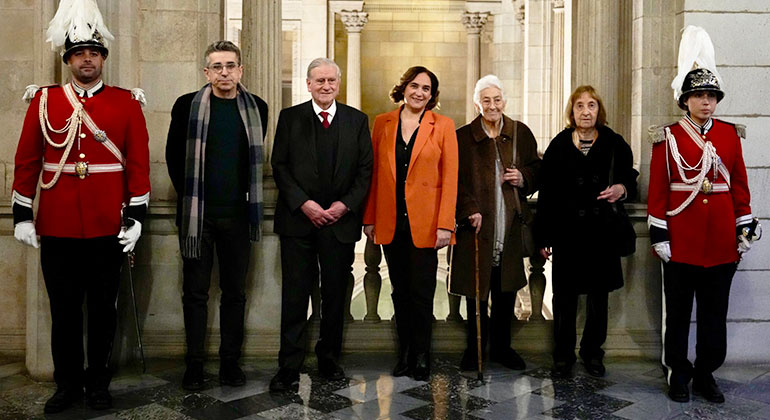
Valentin Fuster, MD, PhD, Receives Prestigious Award from City of Barcelona, Spain
Jan 23, 2023 View All Press Releases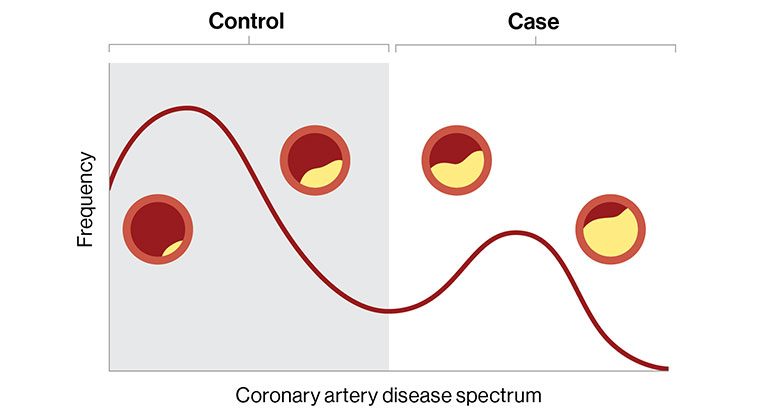
Digital Marker for Coronary Artery Disease Built by Researchers at Mount Sinai
Dec 20, 2022 View All Press Releases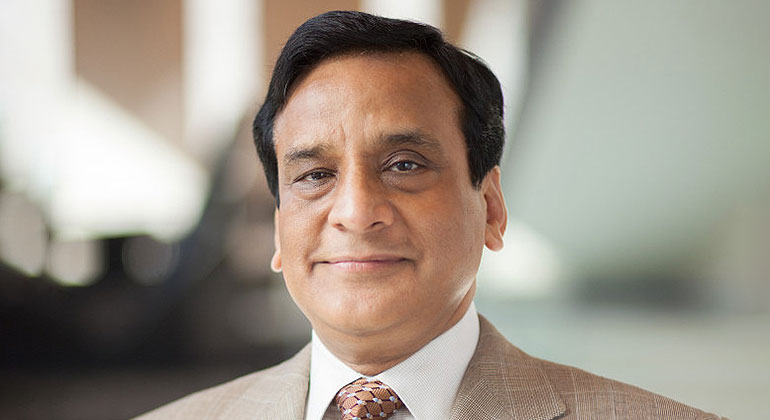
Samin Sharma, MD, Named Director of the Mount Sinai Cardiovascular Clinical Institute
Nov 28, 2022 View All Press Releases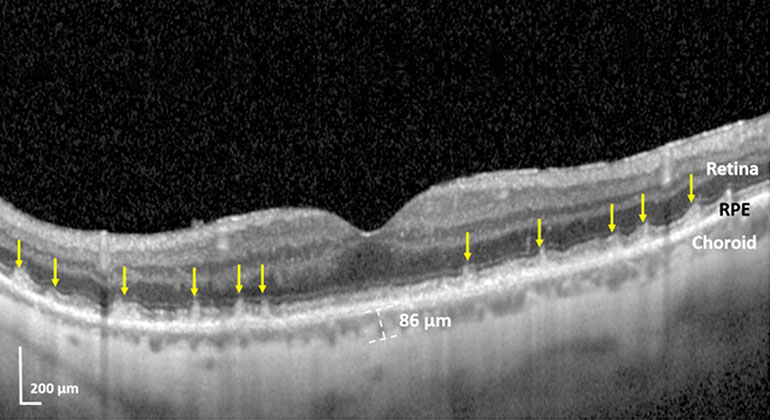
Blinding Eye Disease Strongly Associated With Serious Forms of Cardiovascular Disease
Nov 17, 2022 View All Press Releases